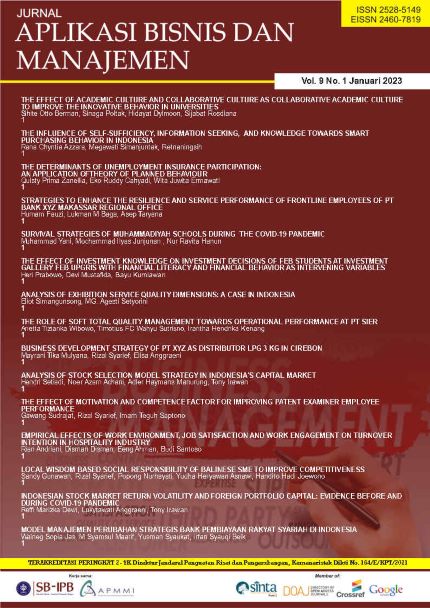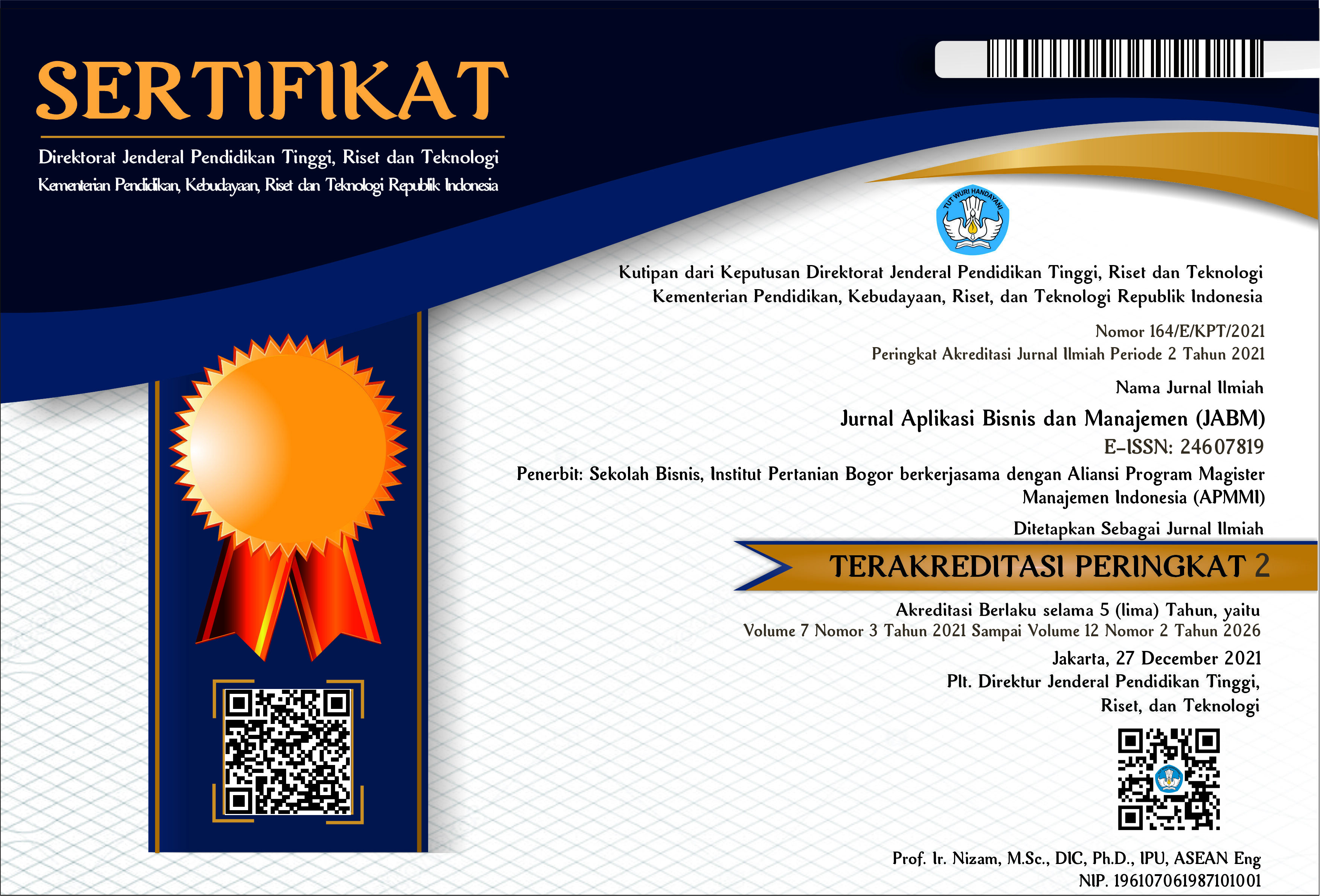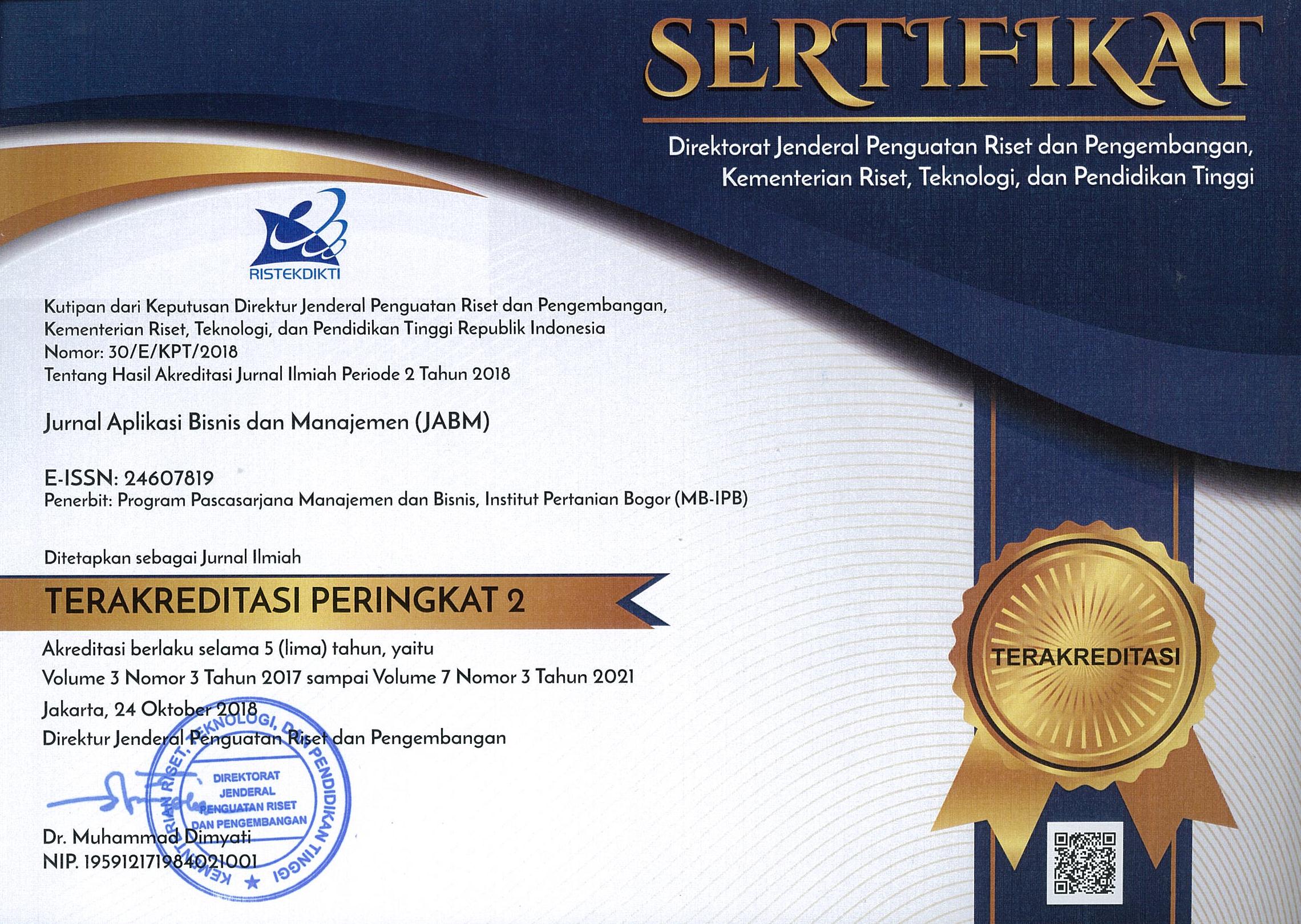Tingkat Recovery dan Resiliensi UMKM Kuliner Kota Pekalongan Pascapandemi Covid-19
Abstract
Due to the significant impact of the Covid-19 pandemic, culinary MSMEs must be able to survive and continue their business. This study aims to analyze the condition of culinary SMEs in Pekalongan and the indicators that play the most role in shaping the recovery and resilience of culinary SMEs in Pekalongan. This study used a non-probability sampling method involving 103 respondents from Pekalongan Culinary actors with several parameters distributed through online questionnaires and in-person interviews. The data was processed by Principal Component Analysis (PCA) using SPSS 20. The results of this study are that culinary SMEs in Pekalongan City have not recovered in terms of profit and sales. Furthermore, based on the PCA results, the indicators that play the most role in shaping the level of recovery and resilience of Pekalongan Culinary MSMEs are divided into eight main components, namely planning, preparedness, and financial support (PC1), technology utilization (PC2), ability to change (PC3), management support and communication (PC4), business environment (PC5), business orientation (PC6), business responsiveness (PC7), and creativity and innovation (PC8). Therefore, culinary MSMEs in Pekalongan can increase their business inputs by optimizing the eight main components that make up the level of recovery and resilience of Pekalongan culinary MSMEs.
Keywords: Covid-19 post-pandemic, descriptive analysis, PCA, recovery level, resilience level








